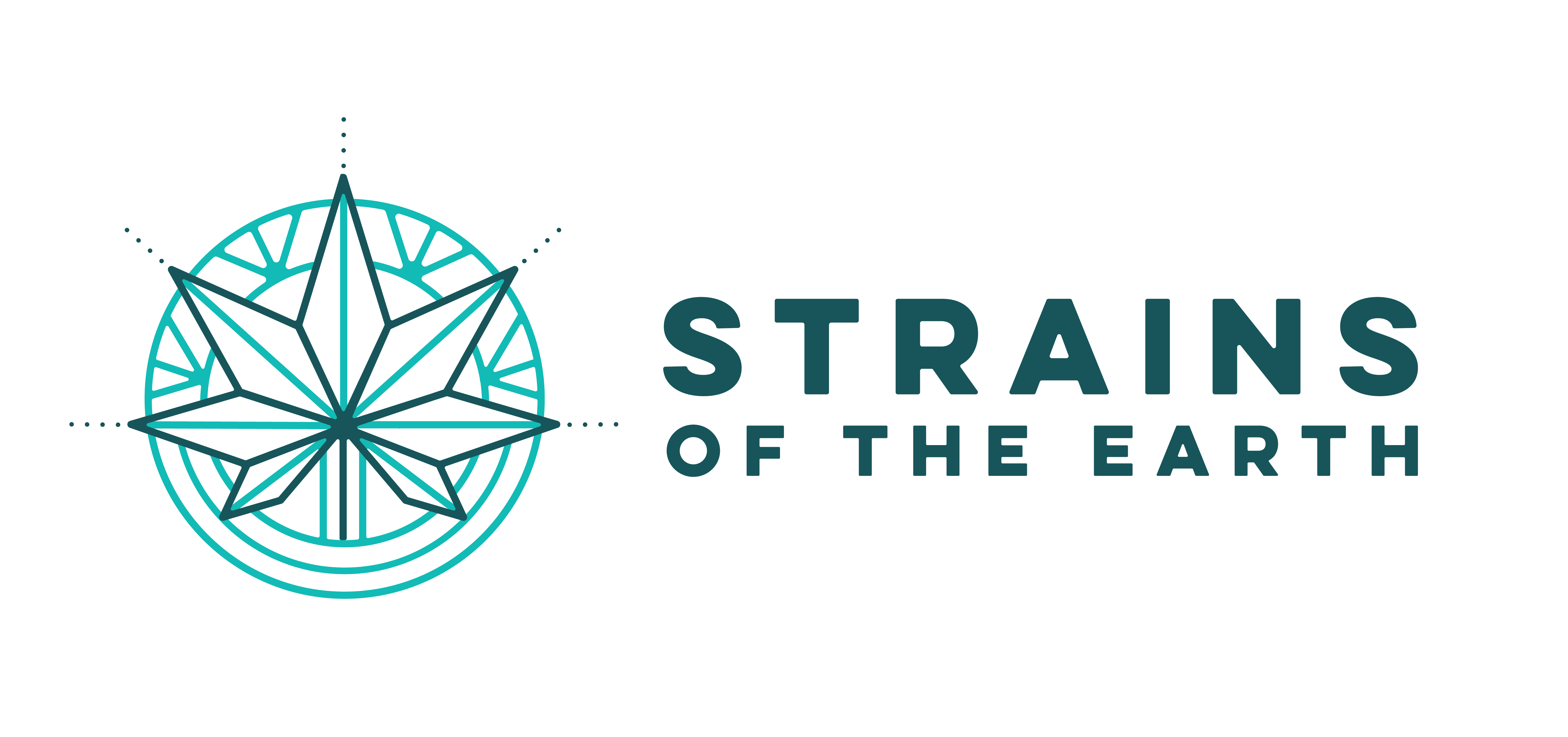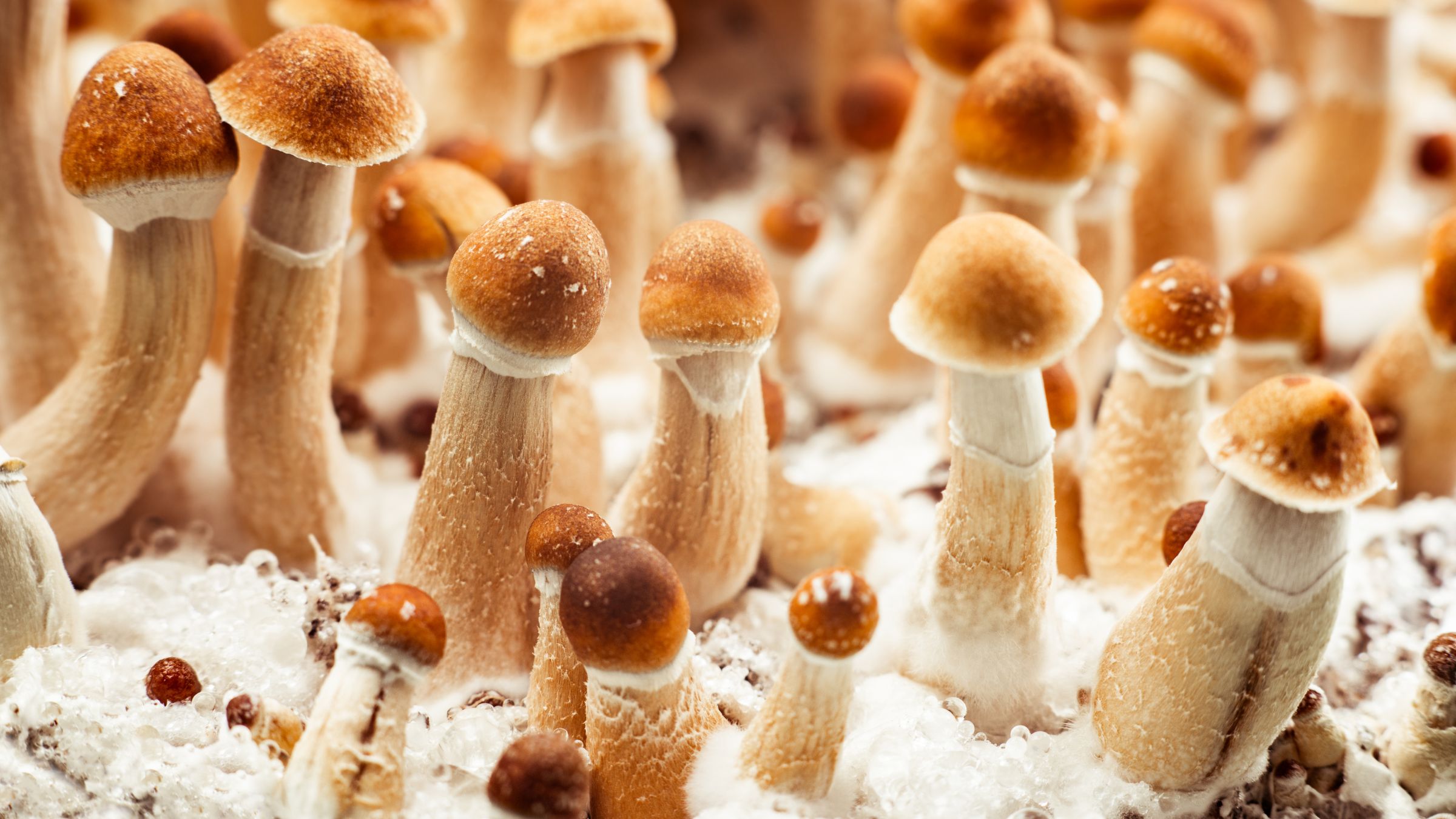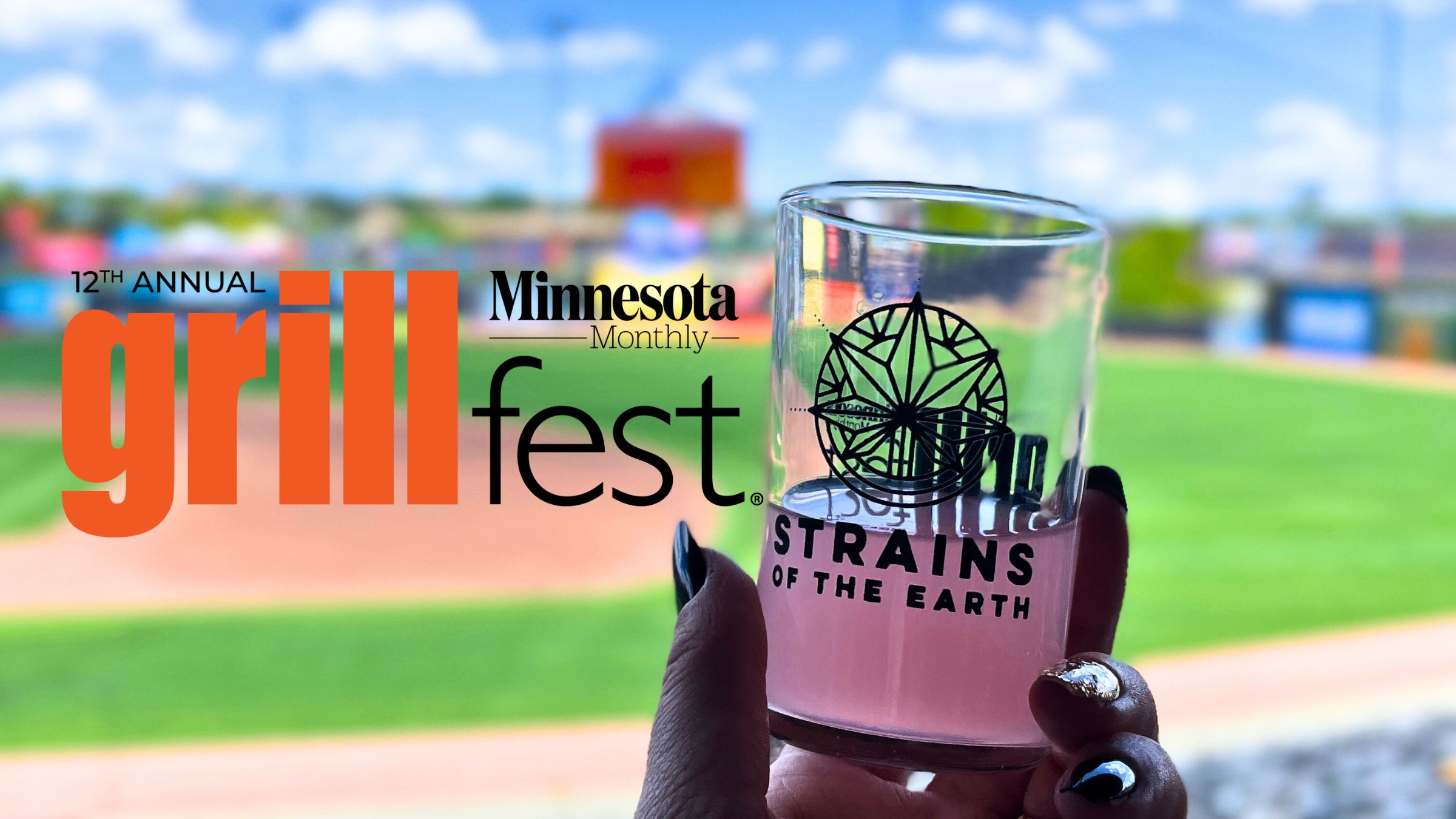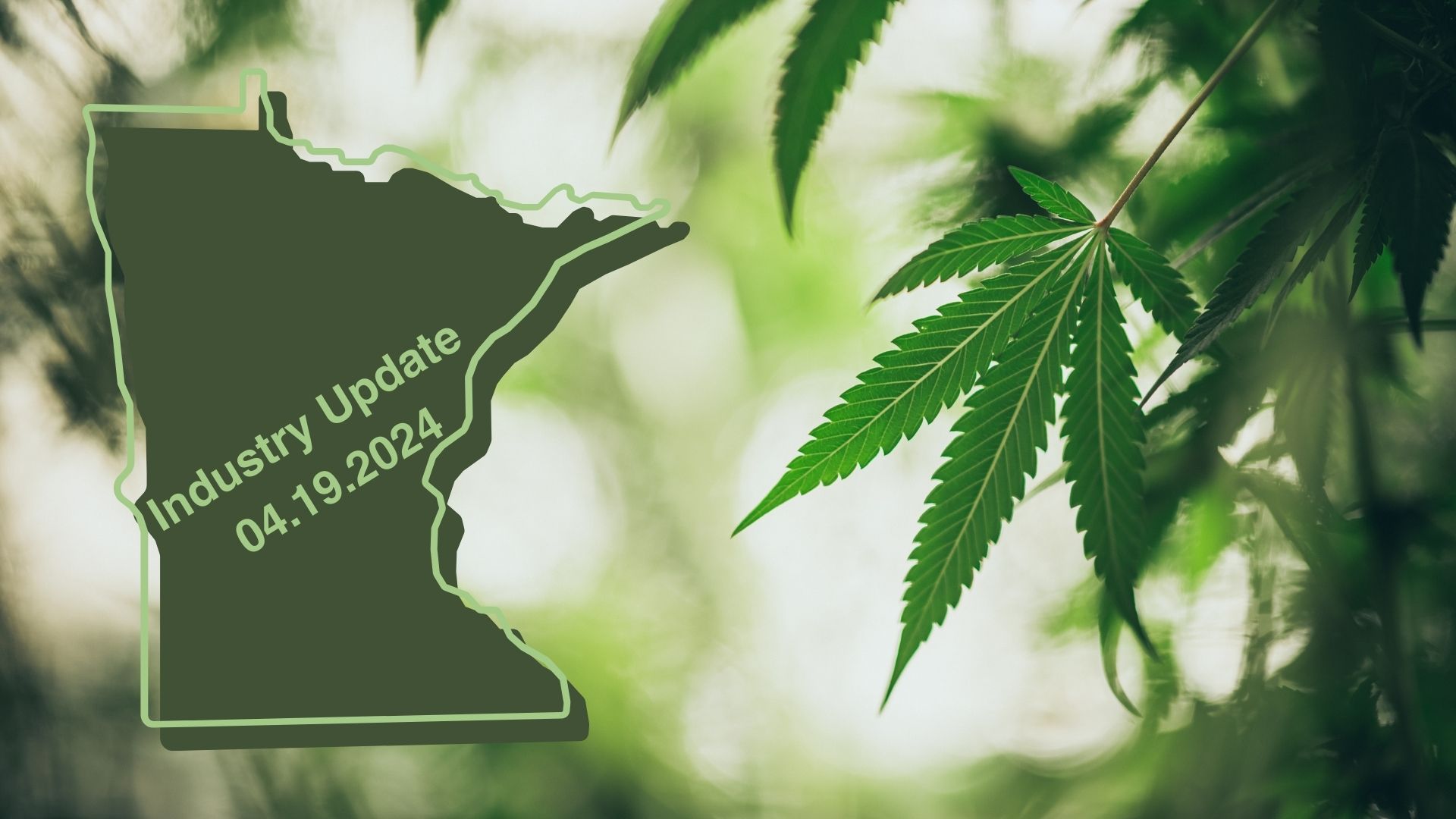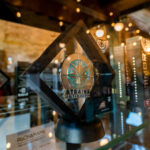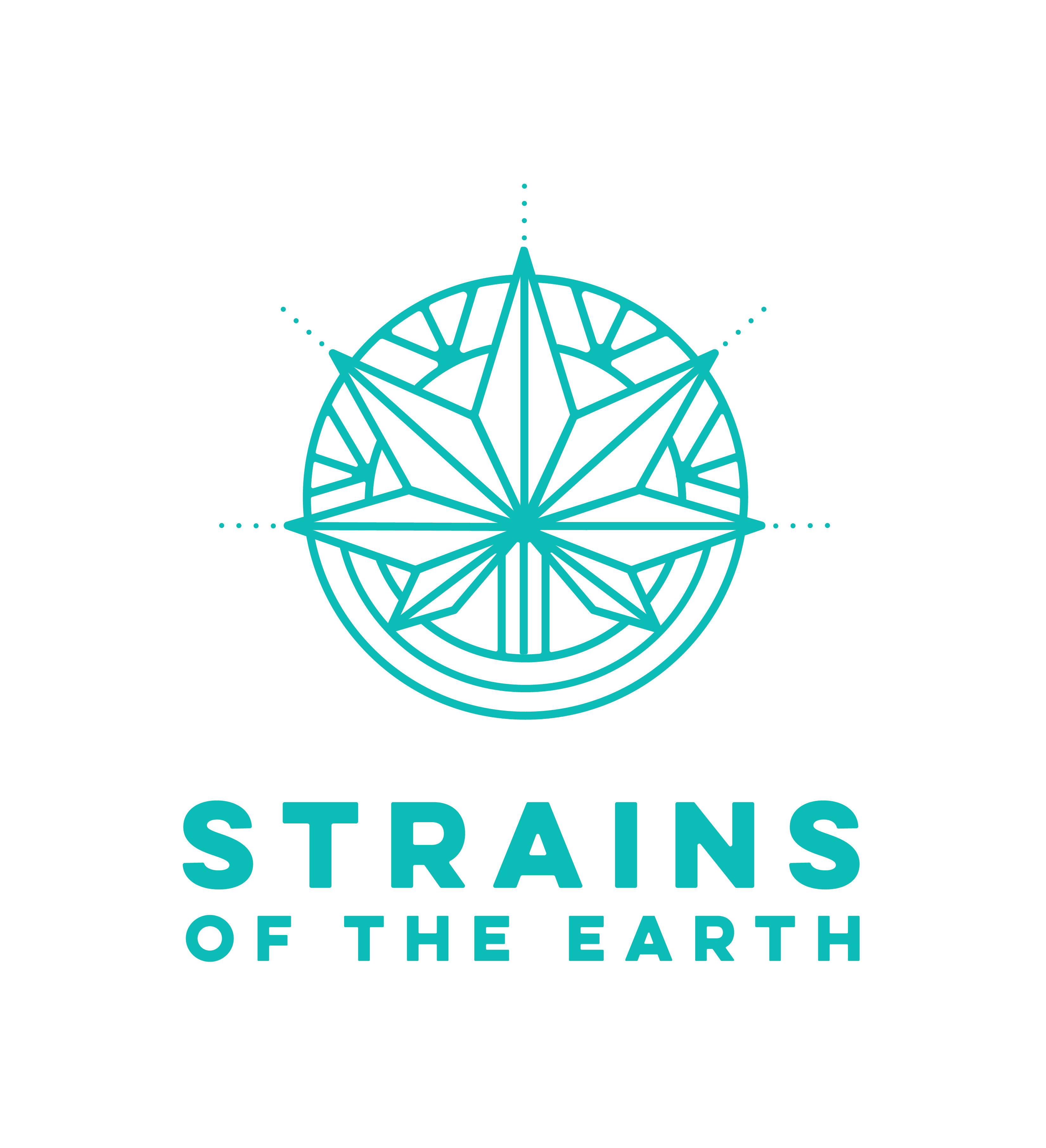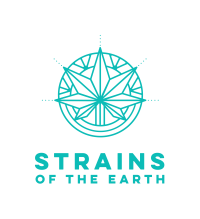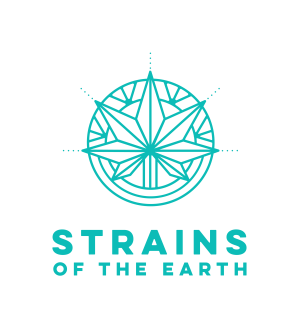In recent years, mushrooms have captured the fascination of health enthusiasts, mycology hobbyists, and holistic practitioners alike. From their incredible nutritional profiles to their mystical properties, the world of mushrooms offers something for everyone. But not all mushrooms are created equal. Some are celebrated for their health benefits, others for their mind-altering effects, and some for their spiritual significance. This blog aims to dissect the differences between functional, psychoactive, and entheogenic mushrooms, helping you understand their unique attributes and how they can fit into your life.
Understanding Mushroom Categories
Functional Mushrooms
Functional mushrooms, also known as psychopharmaceuticals, nootropics, or adaptogens, are revered for their ability to influence the nervous system and potentially alter a person’s mood, perception, and behavior over time. Oyster, Reishi and Lion’s Mane are among the most popular examples in this category.
Health Benefits and Common Uses
Reishi mushrooms are often referred to as the “Mushroom of Immortality,” thanks to their immune-boosting and stress-reducing properties. They are commonly used in teas, tinctures, and supplements. Lion’s Mane, on the other hand, is celebrated for its cognitive-enhancing abilities. Research suggests that it may help improve memory, focus, and overall brain health.
Functional mushrooms are typically consumed for their long-term benefits rather than immediate effects. They are integrated into daily routines through supplements, powders, or even culinary dishes. The effects can be both beneficial and adverse, depending on the individual, making it crucial to consult healthcare providers before incorporating them into your regimen.
Psychoactive Mushrooms
Psychoactive mushrooms provide an introspective and euphoric experience. One of the principal psychoactive constituents in these mushrooms is muscimol, found in species like Amanita muscaria.
Historical Uses and Recent Research on Mental Health
Historically, psychoactive mushrooms have been used in various cultures for their mind-altering effects. Ancient shamans and healers utilized these mushrooms for spiritual journeys and healing rituals. Today, research is exploring their potential benefits for mental health, particularly in treating conditions like depression and anxiety.
Users of psychoactive mushrooms often describe feeling meditative, creative, and having an altered perception of time. Unlike entheogenic mushrooms, they do not typically provide hallucinogenic visuals but can offer profound mental clarity and emotional release.
Entheogenic Mushrooms
Entheogenic mushrooms, commonly known as “magic mushrooms,” contain psilocybin, a well-known hallucinogen, in addition to several other naturally occurring hallucinogenic chemicals. This group includes varieties like Penis Envy, Golden Teacher, and Alcabenzi.
Cultural Significance, Rituals, and Spiritual Uses
Entheogenic mushrooms have been used for centuries in various cultures for their spiritual and ritualistic significance. Indigenous tribes in Central and South America have long used these mushrooms in sacred ceremonies to connect with the divine and gain spiritual insights.
The effects of entheogenic mushrooms are highly variable, often leading to experiences of euphoria, visual and auditory perceptual changes, and deep introspection. However, they come with the risk of “bad trips,” which can induce feelings of anxiety or panic, emphasizing the need for cautious use.
Key Differences and Similarities
Understanding the differences and similarities between functional, psychoactive, and entheogenic mushrooms can help you make informed choices.
Effects and Uses
- Functional Mushrooms are primarily used for health benefits and require consistent, long-term use.
- Psychoactive Mushrooms offer mind-altering experiences without visual hallucinations.
- Entheogenic Mushrooms provide profound spiritual and perceptual experiences but can come with higher risks.
Legal Status
The legal status of these mushrooms varies widely:
- Functional Mushrooms are generally legal and widely available.
- Psychoactive Mushrooms may be regulated or restricted in many areas.
- Entheogenic Mushrooms are often illegal due to the hallucinogenic properties of psilocybin. Non-detect products have been developed that do not contain the illegal substance psilocybin but still provides the experience of entheogenic mushrooms. These products may still be regulated or restricted in many areas.
Health and Wellness Implications
Each category of mushrooms is being integrated into modern healthcare and wellness routines in unique ways.
Functional Mushrooms in Healthcare
Functional mushrooms are gaining traction in integrative medicine. They are used to support immune health, cognitive function, and stress management. Healthcare providers are increasingly recommending them as complementary therapies alongside conventional treatments.
Psychoactive Mushrooms for Mental Health
Recent research suggests that psychoactive mushrooms could be a game-changer in mental health treatment. Studies are exploring their potential to alleviate symptoms of depression, anxiety, and PTSD. However, more research and regulatory approval are needed before they become mainstream treatments.
Entheogenic Mushrooms in Spiritual and Mental Healing
Entheogenic mushrooms are finding their place in modern spiritual and therapeutic practices. Some therapists use them in controlled settings to facilitate deep emotional healing and spiritual growth. Despite legal barriers, underground therapy sessions are becoming more common.
Practical Tips for Consumption and Safety
When it comes to consuming mushrooms, safety should always be a priority.
Sourcing Your Mushrooms
Ensure you source your mushrooms from reputable suppliers. For functional mushrooms, look for organic and sustainably harvested options. Psychoactive and entheogenic mushrooms should be sourced with even greater caution, given their legal and safety implications.
Preparing Your Mushrooms
Proper preparation can enhance the benefits and reduce potential risks. Functional mushrooms can be brewed into teas, added to soups, or taken as supplements. Psychoactive and entheogenic mushrooms often require precise dosing and should be consumed in a safe, supportive environment.
Consuming Responsibly
Start with small doses to gauge your body’s reaction. Always consume psychoactive or entheogenic mushrooms in a safe setting, ideally with someone who can offer support if needed. Educate yourself on potential interactions with other substances or medications.
Conclusion
Understanding the distinctions between functional, psychoactive, and entheogenic mushrooms can open up new avenues for health, mental wellness, and spiritual growth. Each category offers unique benefits and experiences, but they also come with their own set of risks and considerations.
If you’re intrigued by the world of mushrooms and wish to explore further, consider visiting Strains of the Earth in Jordan or Carver. Share this post with fellow mushroom enthusiasts and continue your educational journey into the fascinating realm of fungi.
